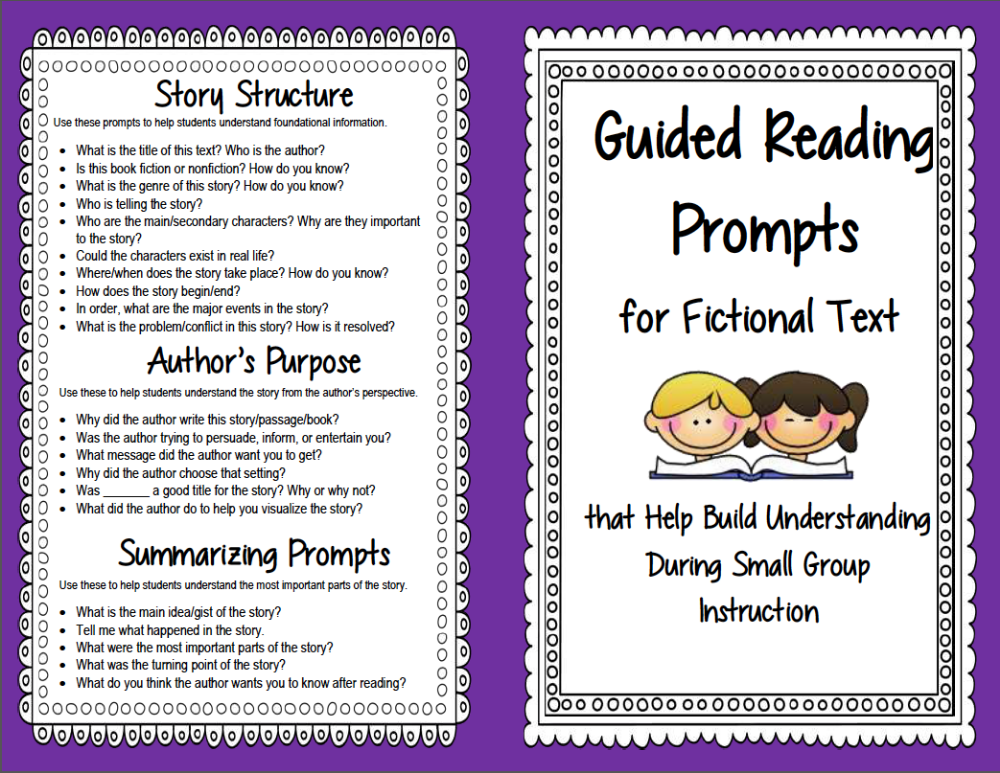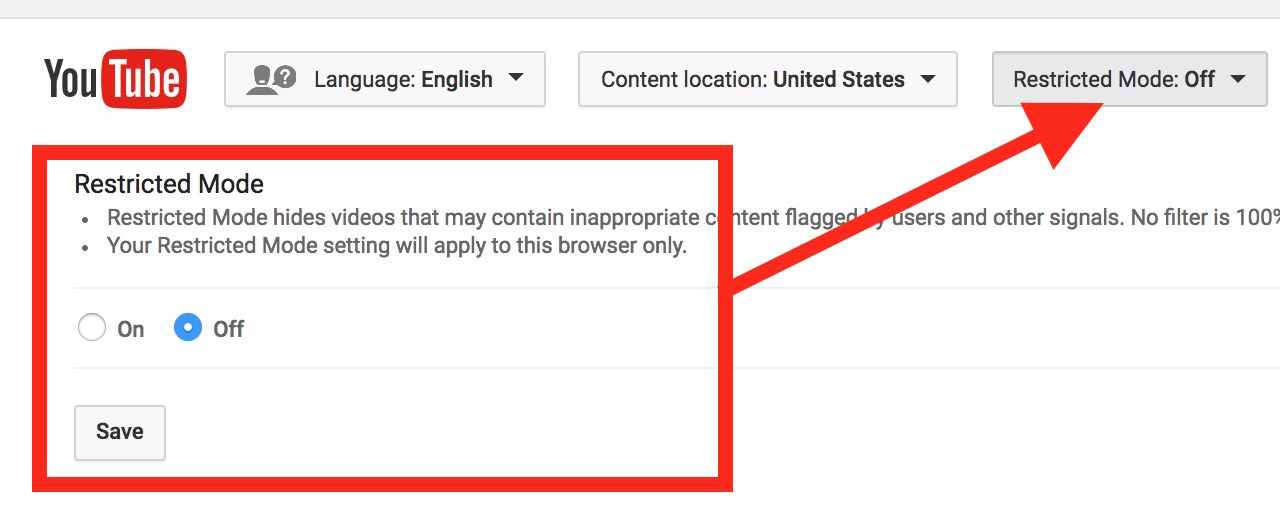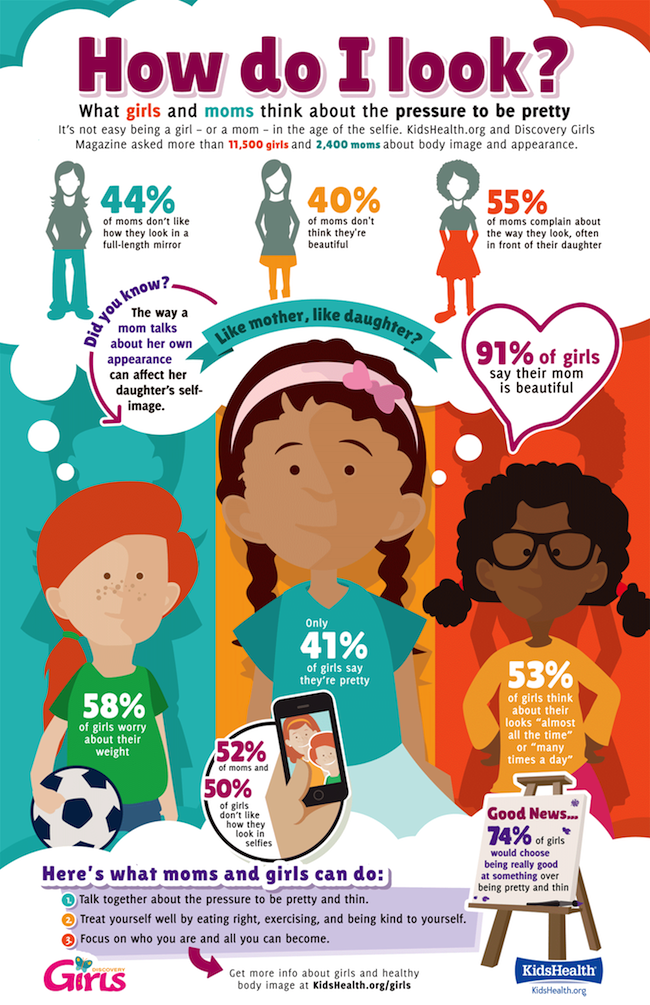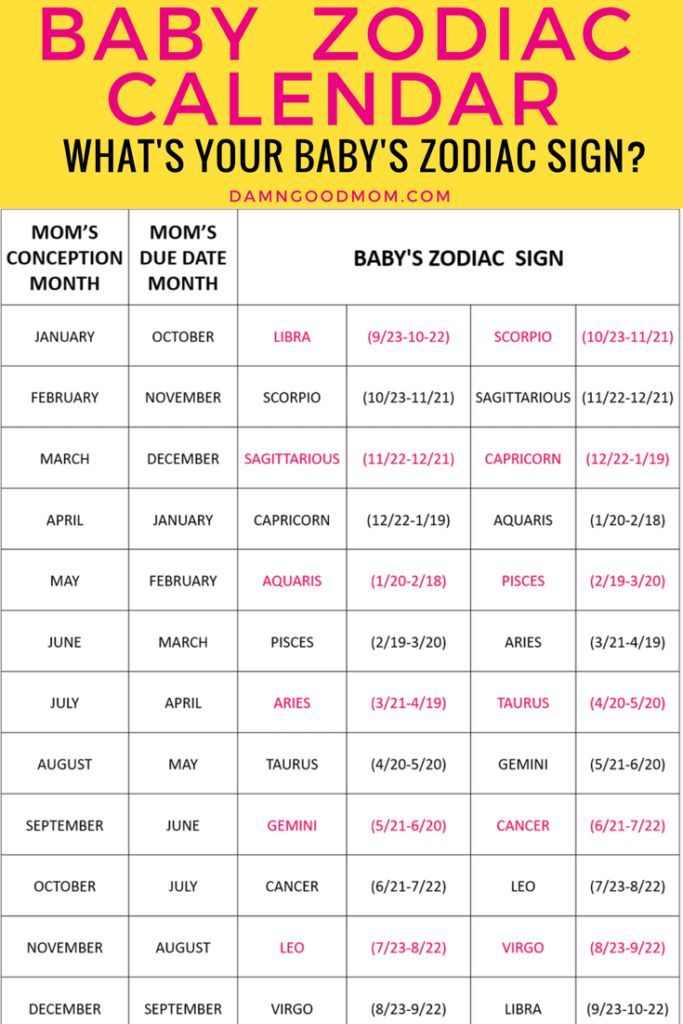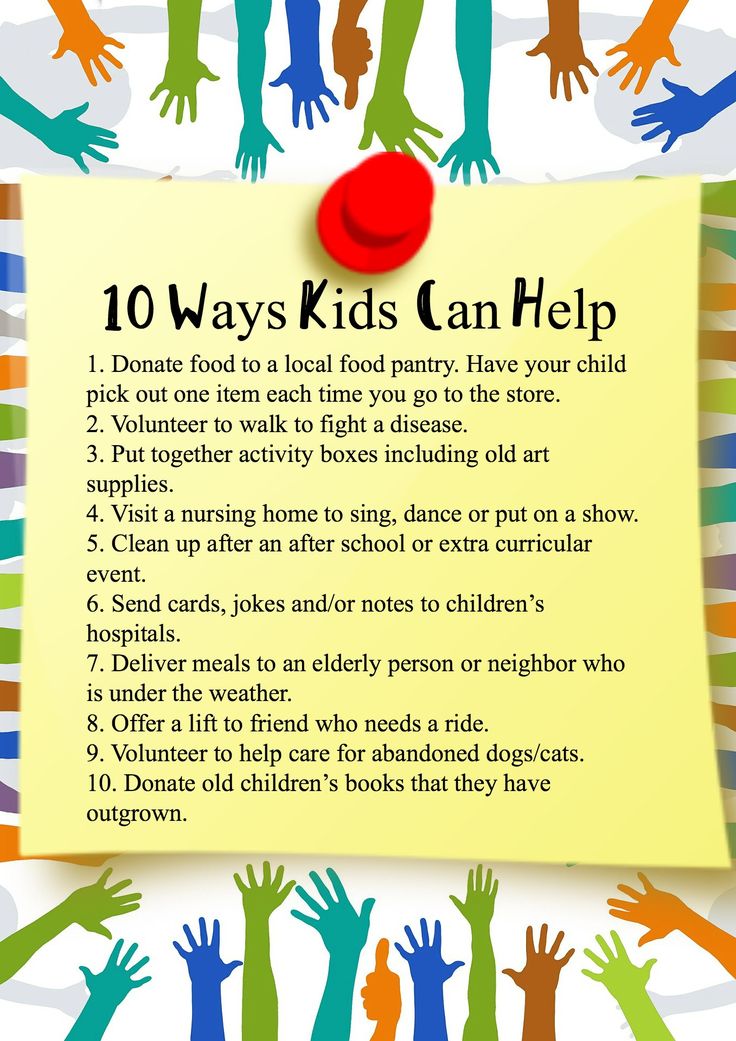How important is reading to your child
Why Reading to Children Is So Important
Does your child have a favorite book they like to hear? Do you enjoy sharing your favorite childhood book with your child? That’s a win-win! Reading to children is important for many reasons including cognitive benefits, stronger social, emotional and character development, decreased levels of aggression, and stronger vocabulary. It strengthens your relationship with your kids and—best of all, helps kids develop a lifelong love of reading.
At just several months of age, an infant can listen to your voice, look at pictures and point to objects on pages. Children learn to love the sound of language before they even notice words on a page. Reading to children stimulates their imagination and expands their understanding of the world. It helps them develop language and listening skills and prepares them to understand written words.
Supported Cognitive Development
Reading to a child has been proven to improve cognitive skills and aid in cognitive development. Cognitive development is the emergence of the ability to understand and think, the construction of thought processes, including remembering, problem solving and decision-making, from childhood through adulthood. How a person perceives his world through areas such as information processing, reasoning, language development, attention span and memory are parts of cognitive development. Reading also stimulates brain cell activity. The more an adult reads to a child, the larger their vocabularies grow, and the more they understand about the world around them.
Better Language Skills
Reading exposes children to new speech patterns and vocabularies. They learn to absorb information on how to form a sentence and use words effectively, helping them develop better communication skills. Reading stimulates the part of the brain that allows children to understand the meaning of language and helps build key language, literacy, and social skills. This is especially important when you consider that, according to the American Academy of Pediatrics, more than one in three children start kindergarten without the skills they need to learn to read.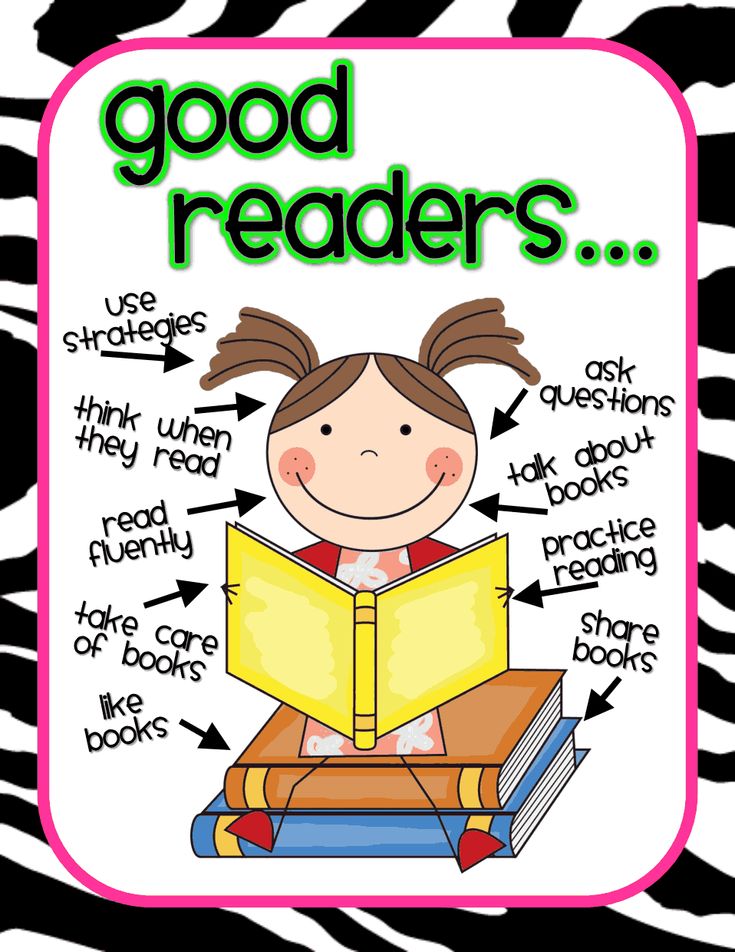 Research has shown that kindergarten children who were read to at least three times a week had a significantly greater phonemic awareness than did children who were read to less often.
Research has shown that kindergarten children who were read to at least three times a week had a significantly greater phonemic awareness than did children who were read to less often.
Prepare for Academic Success
By helping children to grow their vocabulary skills with exposure to new words and listening skills, they are better positioned for academic success. Studies show that students exposed to reading before preschool are more likely to do better when their reach their period of formal education. By jumpstarting a child’s reading success, they experience stronger growth in the following areas:
–phonemic awareness: being able to hear, identify and play with individual sounds
–phonics: being able to connect letters of written language with sounds of spoken language
–vocabulary: words needed to communicate effectively
–reading comprehension: being able to understand what has been read
–fluency (oral reading): ability to read text accurately and quickly
Reading Helps Children with Special Needs
For children with special needs, looking at faces and body language in a story helps them learn about nonverbal cures of communication.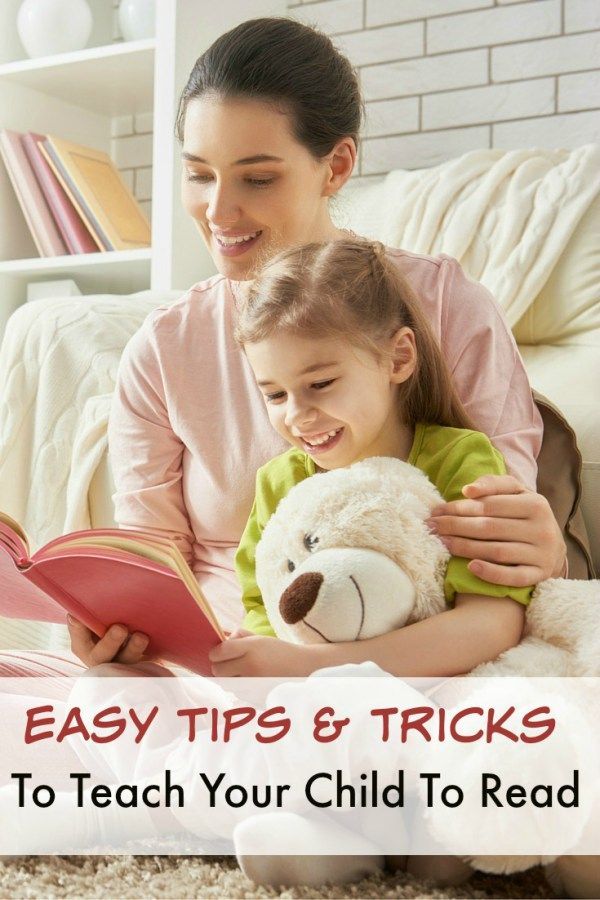 More than just being able to read or write, literacy is a key component of learning, development, communication, and a richer life. It’s not only about being understood, but also about being able to comprehend your world. Developmental delays can affect a child’s motors skills, social-emotional development, daily skills, and cognitive abilities. Reading can augment other learning styles—visual, auditory, tactile, and more. A child can look at an apple, bite it, do an apple puzzle, and read about apples. Looking at picture books can enhance a child’s ability to recognize pictures and what is happening in them, to generalize into his environment.
More than just being able to read or write, literacy is a key component of learning, development, communication, and a richer life. It’s not only about being understood, but also about being able to comprehend your world. Developmental delays can affect a child’s motors skills, social-emotional development, daily skills, and cognitive abilities. Reading can augment other learning styles—visual, auditory, tactile, and more. A child can look at an apple, bite it, do an apple puzzle, and read about apples. Looking at picture books can enhance a child’s ability to recognize pictures and what is happening in them, to generalize into his environment.
Literacy helps a child learn about herself and her feelings. When a child is stressed or had an afternoon meltdown but can’t tell you how he’s feeling, reading can often be a comfort. For example, a fun rhyming book about emotions, ending with “how do you feel today?” can offer a child a way to share feelings they might not be able to express otherwise, by allowing them to point to a picture in the book relating to their emotions.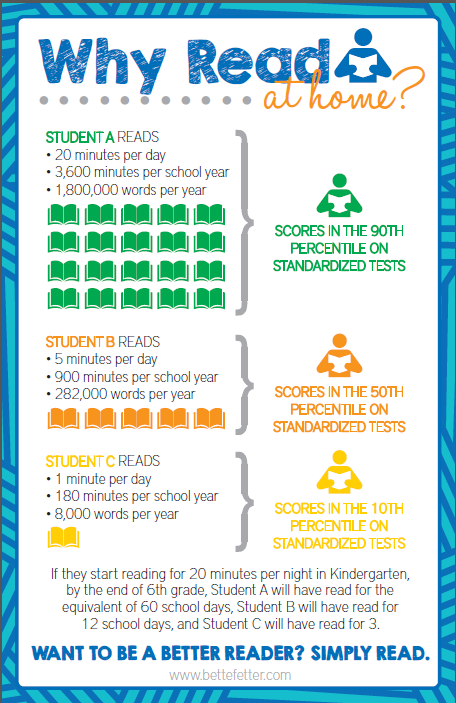
Special Bonding with Your Child
One of the most important things you can do to positively influence a child’s development is spend time with them. Reading to your child provides a wonderful opportunity to have a regular, shared event where you look forward to spending time together. Reading provides invaluable nurturing and reassurance to a child, even as a baby. Young babies love to hear familiar voices and reading is a perfect way to foster this connection. A strong parent/caregiver-child relationship can develop from a child knowing you’ll read together at a predictable, scheduled time that fits into daily routines. Reading aloud together gives you and your child something to talk about, which can also be used to discuss real-life experiences.
Increase Concentration and Improved Creativity
According to earlymoments.com, along with reading comprehension comes a stronger, self-discipline, longer attention spans and better memory retention.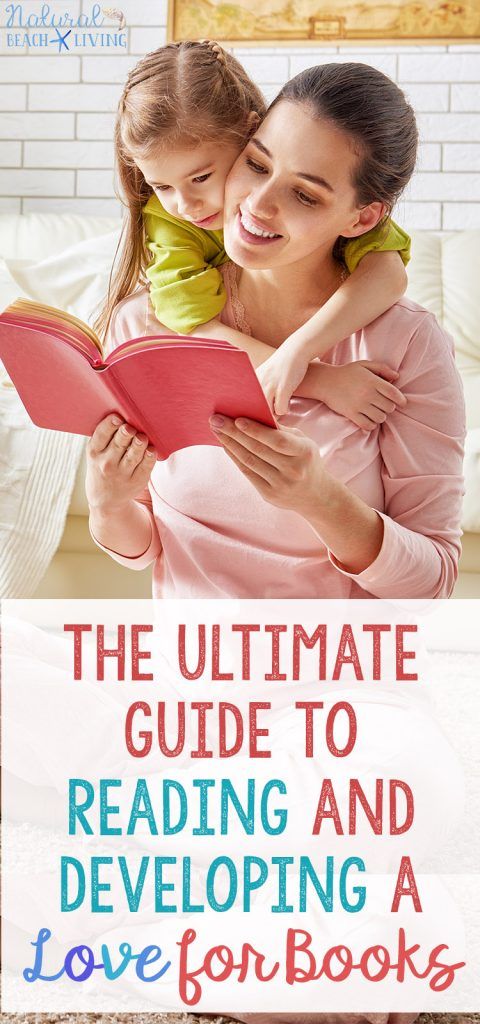 Additionally, reading can open doors to new worlds for your child as they use their imaginations to explore people, places, and events beyond their own experiences, shared with them through reading aloud.
Additionally, reading can open doors to new worlds for your child as they use their imaginations to explore people, places, and events beyond their own experiences, shared with them through reading aloud.
Resources
Take a look at this comprehensive list of 100 Books Every Child Should Hear Before Kindergarten. https://files.constantcontact.com/de0ceffa301/83882bd3-3d51-4f8c-a258-132be9314128.pdf
PBS Kids Read! https://www.pbs.org/parents/read
Life is hectic and parents/caregivers are busy. Taking the time to read with your child on a regular basis sends an important message that reading is worthwhile. Go to the bookstore together and let your child select a new book. Go to the library and borrow several books by different authors. Get excited! Help your child grow into an adult who reads easily and frequently whether for business, knowledge or pleasure.
References
www.pacer.org/ec/early-literacy/literacy-opens-the-world.asp
readingrockets.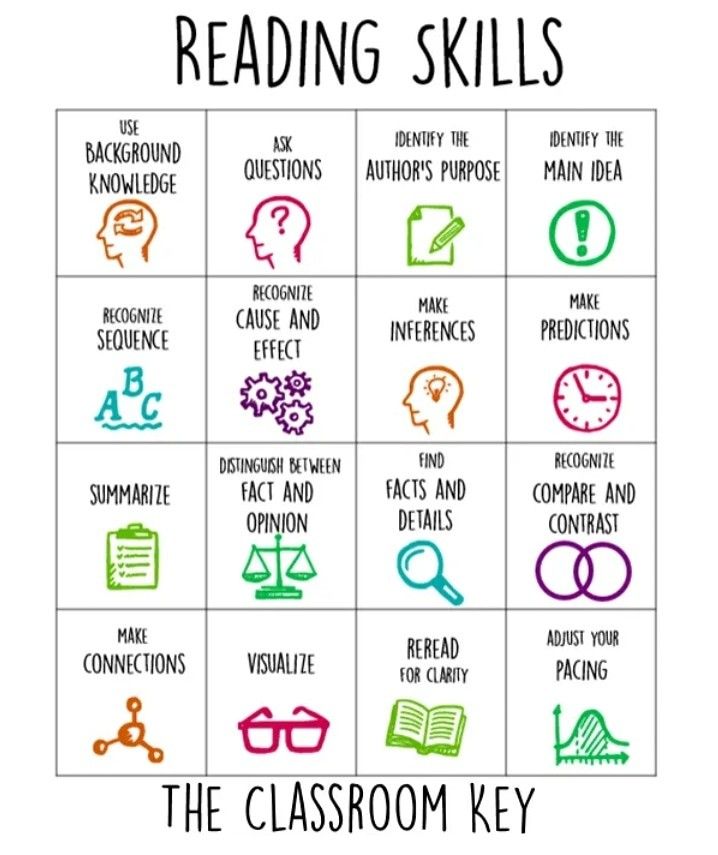 org
org
www.pbs.org/parents/thrive/why-reading-aloud-to-kids-helps-them-thrive
www.all4kids.org/news/blog/the-importance-of-reading-to-your-children/
Why Is It Important to Read to Your Child?
Parents hear it all the time: it’s important to read to your kids. But why exactly is that? And does it matter how — or when, or what — you read to them?
It makes sense that being read to would help kids learn to read themselves, and it’s true that being read to supports that crucial learning process. But the benefits of reading together — for kids and for parents — go far beyond literacy.
Language developmentFrom birth, babies are hardwired to develop language skills, and consistent exposure to a wide variety of language patterns is what helps them do exactly that. “Just exposure to words is the single most important thing that you can do to help build the language pathways in your child’s brain,” says Laura Phillips, PsyD, the senior director of the Learning and Development Center at the Child Mind Institute. “Reading and exposure to words helps kids maximize their language and cognitive capacity.” Even the tactile experience of holding or touching a book supports babies’ cognitive development.
“Reading and exposure to words helps kids maximize their language and cognitive capacity.” Even the tactile experience of holding or touching a book supports babies’ cognitive development.
By reading to your child starting at a young age, even before they’re able to communicate verbally, you help lay the neurological groundwork for effective language use and literacy. That’s partly because books expose children to vocabulary and grammar that they wouldn’t normally hear. “When kids are with caregivers or parents, they’re exposed to the same language, the same vocabulary words, the same patterns of speaking, which is wonderful,” says Dr. Phillips. “But books allow them to hear new vocabulary and new ways of putting words together, which expands their ability to make sense of and use language.”
Research has found that young children whose parents read to them daily have been exposed to at least 290,000 more words by the time they enter kindergarten than kids who aren’t read to regularly.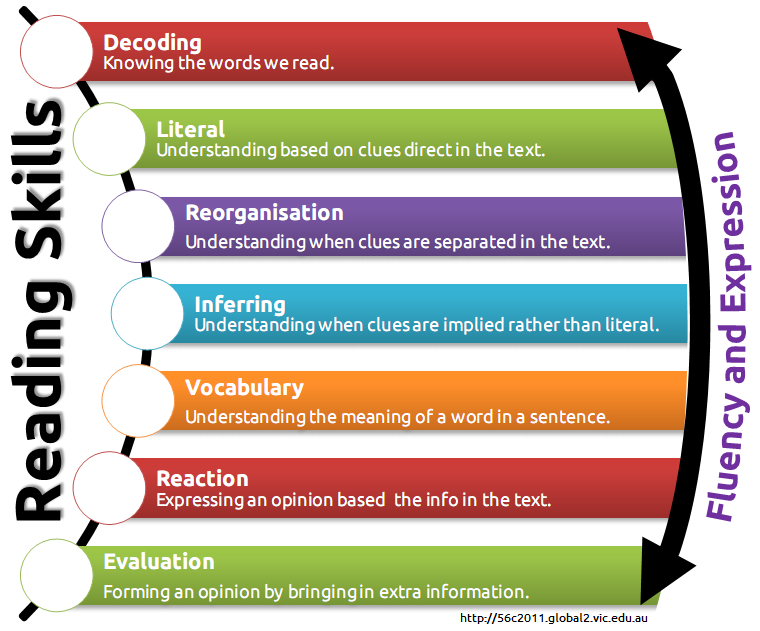 And depending on how much daily reading time kids get, that number can go up to over a million words. All that exposure likely makes it easier for kids to expand their vocabularies and understand the variety of texts they’ll need to read as they get older, both inside school and out.
And depending on how much daily reading time kids get, that number can go up to over a million words. All that exposure likely makes it easier for kids to expand their vocabularies and understand the variety of texts they’ll need to read as they get older, both inside school and out.
Dr. Phillips notes that reading also helps kids build a wide base of background knowledge, which is especially helpful once they start school. Kids learn some of this from the books themselves, and some from talking with their caregivers during reading time (“We saw some of these animals at the zoo, remember?”). With more general knowledge — whether it’s about geography, transportation, nature, or countless other topics — kids have more context for the information they encounter at school and an easier time learning about new topics.
Empathy and emotional awarenessAside from language and literacy, reading is also an important tool for helping children develop empathy.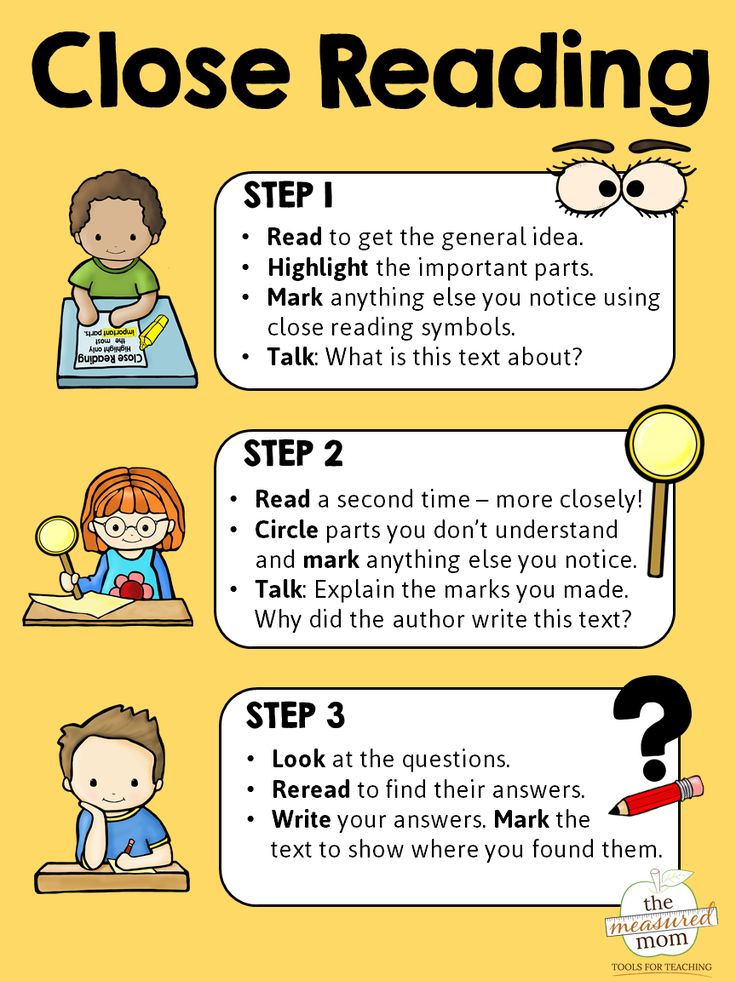 As kids read books about people whose lives are different from their own (and especially stories told from the perspectives of those people), they gain an appreciation for other people’s feelings, as well as other cultures, lifestyles, and perspectives.
As kids read books about people whose lives are different from their own (and especially stories told from the perspectives of those people), they gain an appreciation for other people’s feelings, as well as other cultures, lifestyles, and perspectives.
Books can also help kids learn how to handle their own feelings in healthy ways. Seeing characters in books experience big emotions like anger or sadness lets kids know that these feelings are normal — and gives them a chance to talk about their own difficult feelings, too.
Parents can use reading time as an opportunity to foster kids’ emotional awareness and build their toolkits for handling feelings: “Have you ever felt as angry as the girl in this book? What would you do if you did?”
The parent-child bondHaving time to read with a parent or caregiver isn’t just about the activity of reading. It’s about having consistent, focused time together, without other distractions or demands. Even a few minutes of reading together gives both you and your child a chance to slow down, connect with each other, and share an enjoyable activity.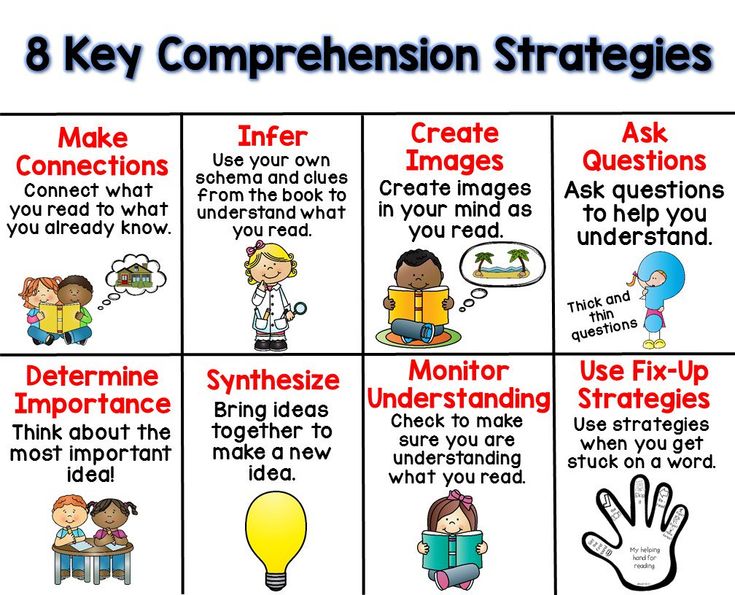
What’s more, that cozy time together has benefits for kids’ cognitive development, especially when they’re younger. The sensory experiences of sitting with a caregiver, hearing that familiar voice, and feeling a book in their hands are all important for kids’ brain development. “Hearing a book read over Alexa just isn’t going to give kids the same holistic benefit,” says Dr. Phillips.
When young children’s language capacities are developing, being exposed to words and language at the same time as those meaningful sensory experiences makes that exposure even more valuable. “The physical contact that you get from being held by your parent while you’re reading actually helps to engage neurons in the brain, which make kids more receptive to the language and the cognitive stimulation that they’re getting from that experience,” Dr. Phillips says.
What to readDr. Phillips notes that while being read to is beneficial for kids of all ages, the benefits are somewhat different depending on the child’s developmental stage.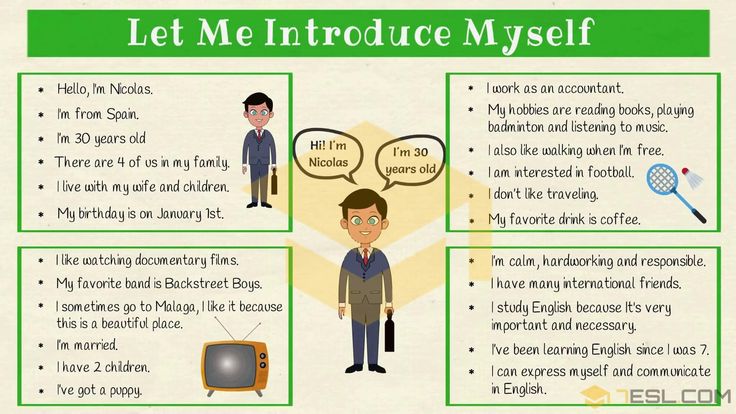
“When you have a newborn, read whatever it is that you want to read, even if that’s the New York Times,” she says. “It’s just about having them hear words and sentences and language.”
As kids get older, content starts to matter more. “Reading books with relatable themes can lead to meaningful conversations about what’s happening in their lives,” Dr. Phillips notes. “The book can be a bridge to discussing something that a child might be experiencing themselves, and give you a way to broach a topic without saying, for example, ‘Are you being bullied at school?’”
Of course, reading whatever your child enjoys is just about always a good idea. When kids get the chance to follow their own interests, they internalize that reading is fun and rewarding, and they’re more likely to pursue reading on their own.
This applies even for young kids who want to read the same book on repeat. “It’s very common for toddlers and preschoolers to want to read the same book over and over again,” Dr.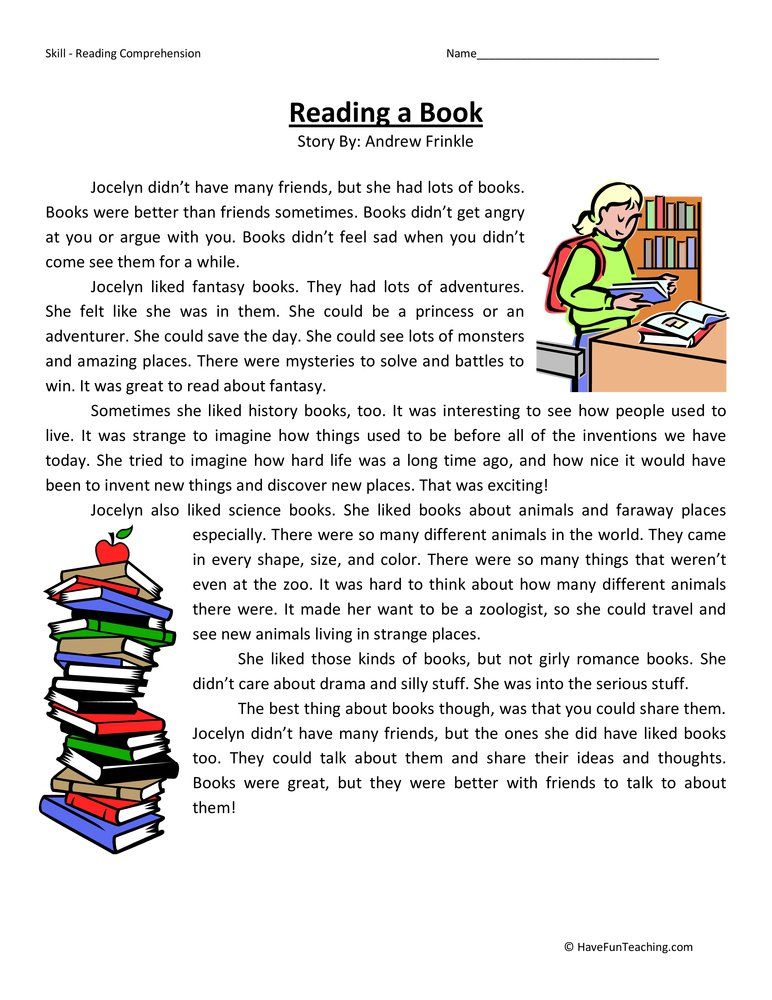 Phillips notes. “And that repetition is actually part of how they master language.”
Phillips notes. “And that repetition is actually part of how they master language.”
And there’s no reason to stop reading to kids once they’re able to read themselves. Kids often enjoy hearing books a bit above their ability level, for example hearing chapter books when they’re still reading picture books on their own. Reading together through elementary school supports their developing literacy and gives you both a chance to stay connected as they grow more independent.
Any and all languagesDr. Phillips emphasizes that all of these same benefits apply no matter what language (or languages) you’re reading to your child in. “Sometimes families who speak other languages at home are concerned their child won’t become proficient in English if they read to them in another language,” she says, “but I encourage parents to read to kids in whatever language they feel most comfortable reading in.”
While the vocabulary and background knowledge they learn might vary, any cognitive benefits the child gains in one language will apply to any other languages they speak or read as well.
Lots of kids’ books are available as e-books, but it’s not clear whether reading together with an e-book has all the same benefits as a physical print book. Some research indicates that parents and kids may interact more meaningfully when reading print books compared to e-books. And some experts contend that it’s harder for kids to slow down and read attentively on a screen, since they (and their parents!) are used to scrolling through digital material quickly.
That said, there’s no reason to swear off e-books entirely, especially if they make it possible for your family to read together when you wouldn’t otherwise manage it. For example, if you’re traveling or otherwise have trouble accessing a variety of print books, e-books can make it much easier to find engaging new material to read together.
The important part is making reading time meaningful, no matter the medium. Taking your time, sitting together, and talking with your child about the book can help them (and you) get a lot of the same benefits that you would from reading a print book together.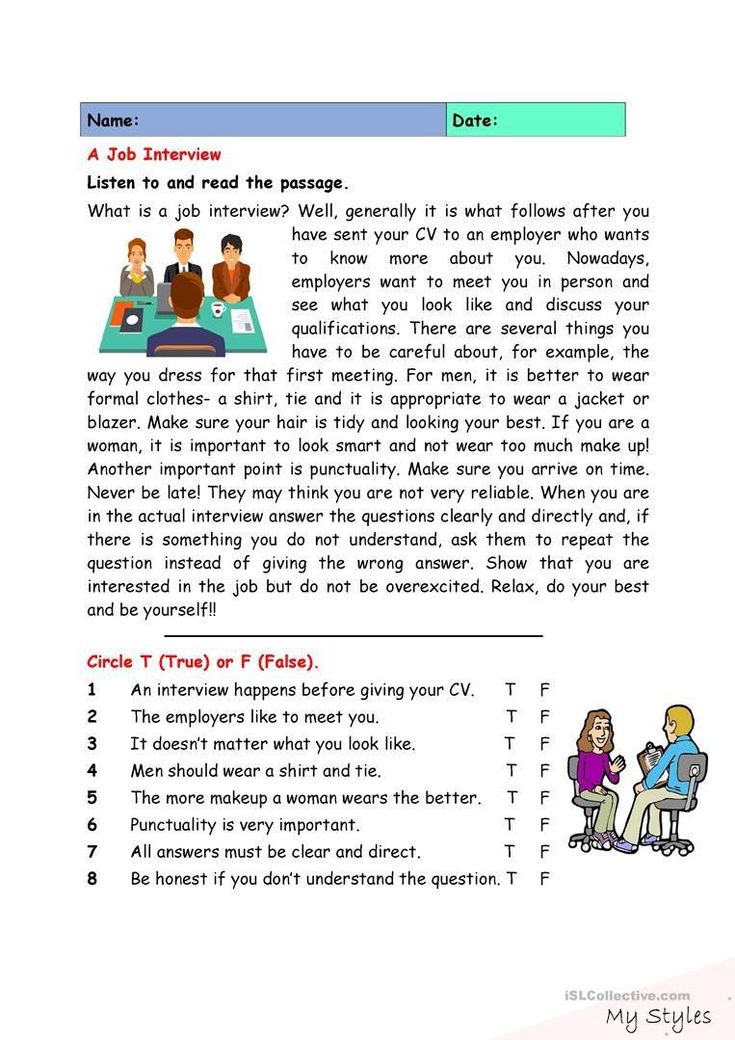
As important as reading together is, it doesn’t have to be a picture-perfect routine. Reading at the same time every day — as part of a bedtime routine, for example — can be comforting and make it easier to build the habit of reading, but anytime your child is hearing language and connecting with you makes a difference.
Dr. Phillips notes that kids’ development happens in fits and starts, so kids who are gaining a lot of motor skills quickly might not be excited to sit in your lap and read. When that’s the case, it’s more helpful to meet kids where they are rather than trying to enforce rules that could make reading a less positive experience.
“I have a nine-month-old now and she has zero interest in sitting still in my lap while I’m reading a book,” says Dr. Phillips. “But I’ll sit and look at a book myself and then she’ll come over and look with me. I can point to some words, say some words, maybe she’ll take the book from me or maybe she’ll wander away and I’ll keep reading while she’s playing in the same room. Whatever you can do is great.”
Whatever you can do is great.”
10 reasons and personal experience
Blogger mom Amy talks about the benefits of reading for children and gives 10 reasons why they should always have books in their lives.
I read to children because I love books myself. I inherited my love for them from my mother - as a child, she read to us every day. You may ask why this is for kids, because they still do not understand the meaning of words, run away or even chew the pages. But even this experience gives a lot for development. Below I will tell you in more detail why you need to read to children and how books affect them.
Reading expands vocabulary
Did you know that there are 50% more rare words in children's literature than in adult conversations? If ordinary conversation helps children master the basic set of words and expressions, then they can learn rare words only when reading. Writing uses more words than speaking, so children who are read to frequently begin to use new words when communicating with others.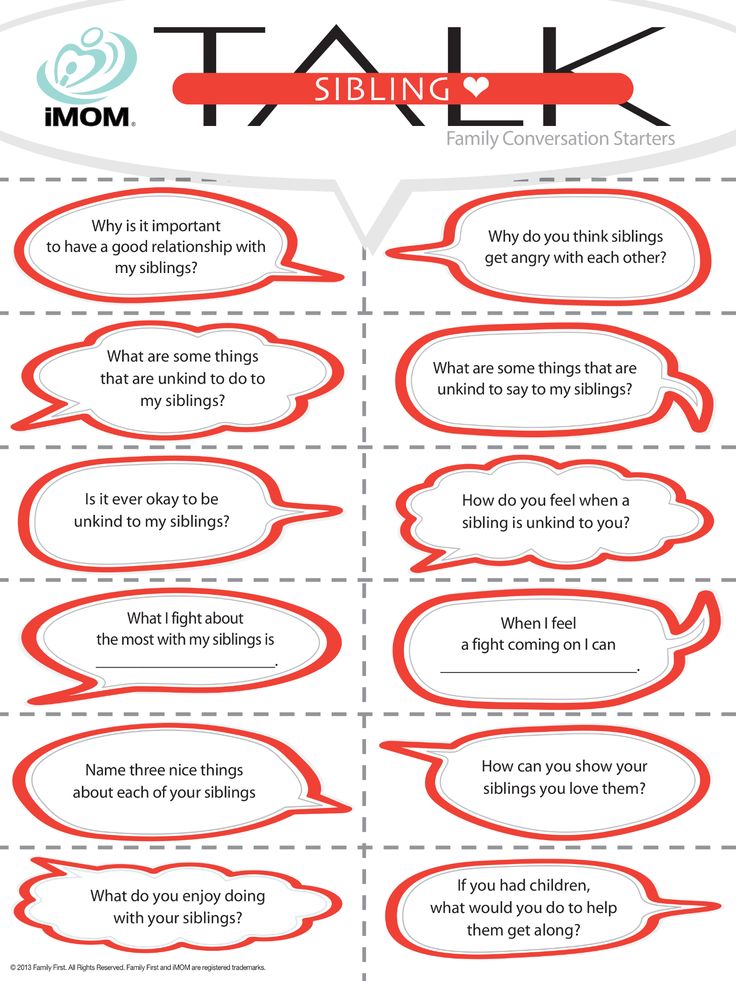 Their speech gradually becomes rich, literate and rich. With such skills, it is easier to put thoughts into words and build relationships. This is a huge benefit of reading for children.
Their speech gradually becomes rich, literate and rich. With such skills, it is easier to put thoughts into words and build relationships. This is a huge benefit of reading for children.
Experts are convinced that children acquire vocabulary indirectly through communication, from cartoons and books. Not through direct teaching. It is the volume of reading, and not the spoken language, that influences a wide vocabulary.
Reading is soothing and comforting
Reading together creates a strong bond between parent and child. The love of books becomes another unifying factor.
The baby book should be with pictures and describe situations that are familiar to the child. Among familiar things he feels safe
Teaches you to distinguish between reality and fiction
When reading, it is important to draw the child's attention to the similarities and differences between reality and a book. For example: "Teddy Bear is a bear, but like you, he has a dad and a mom. " You can ask leading questions: “What other books have we read about the family?” Or: “Daddy Bear ate a barrel of honey for breakfast, but what do we eat for breakfast?”
" You can ask leading questions: “What other books have we read about the family?” Or: “Daddy Bear ate a barrel of honey for breakfast, but what do we eat for breakfast?”
Shows new ideas
Reading introduces children to stories and ideas. From books, they learn how to behave in different situations and try on the models of behavior of heroes. After reading the book, ask the child to retell what he remembers. Or ask a few questions. This will make sure that the son or daughter understands the new plot or topic correctly.
Helps to learn new skills
Handling books. Children learn to hold a book and turn pages from left to right.
Imitation of the behavior of the reader. The kid pretends to read - repeats the words and sounds of the parent.
Understanding the plot of a story from pictures. For example, my daughter's favorite book at the age of one and a half is "Where is my duckling?". Although there are almost no words, the daughter enthusiastically turns the pages in search of the missing duckling.
Although there are almost no words, the daughter enthusiastically turns the pages in search of the missing duckling.
Increases knowledge about the world around them
My children love stories, especially about animals. And my son also likes books about technology, spaceships, trains and tractors. With the help of books with memorable illustrations, children learn about the world around them long before they learn to read on their own.
To consolidate the results and enhance the benefits of reading for children, I often combine familiarity with books with new life experiences for them. For example, I offer stories about animals before or after visiting the zoo, and stories about technology before a trip to the farm.
Thus, everything read is reflected in reality: the baby sees an object or a living being rarely or even for the first time, but it turns out that he has already heard a lot about him, looking at a book with his mother. This fuels a desire to explore and a natural zest for life.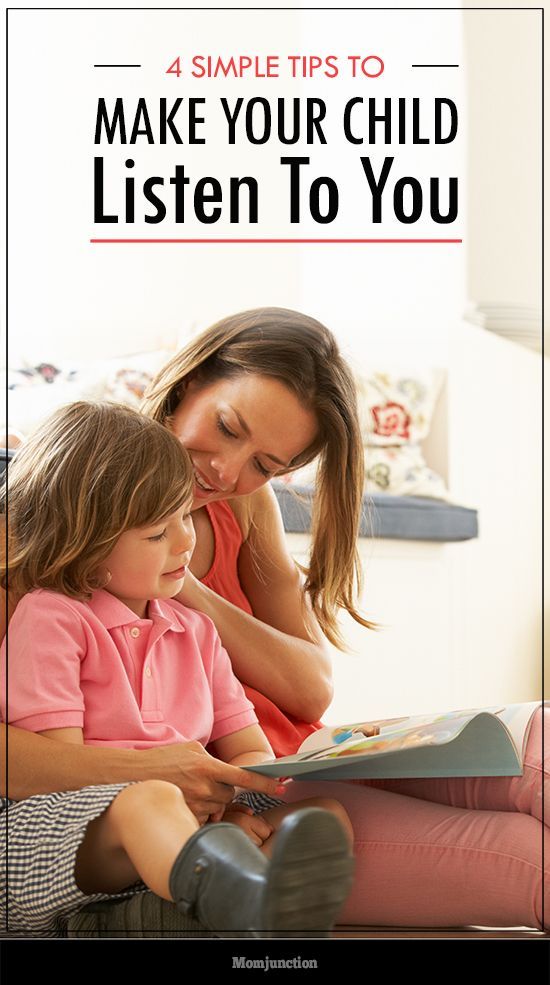
Before making a snowman, you can first read a book with children
Helps to understand that words, sentences and stories consist of letters and the phonetic structure of the word, learns to see the first letter. My son recently started pointing at words when he was looking at a book - one of the main steps to self-reading.
Introduces poetry
Reading poetry at an early age is a real simulator for the development of memory, and this is a huge benefit of reading for children. Toddlers easily memorize small rhymes and nursery rhymes long before they begin to read on their own. Memorization is a skill that will come in handy in learning and in adulthood. In addition, poetry enriches the child's vocabulary and develops a sense of language.
Encourages independent study of books
Show your child that you love to read, be an example for him. And then the kid will understand that reading is a useful and pleasant pastime. Over time, you will see with what impatience children wait for the moment when they can choose a book themselves and sit comfortably reading.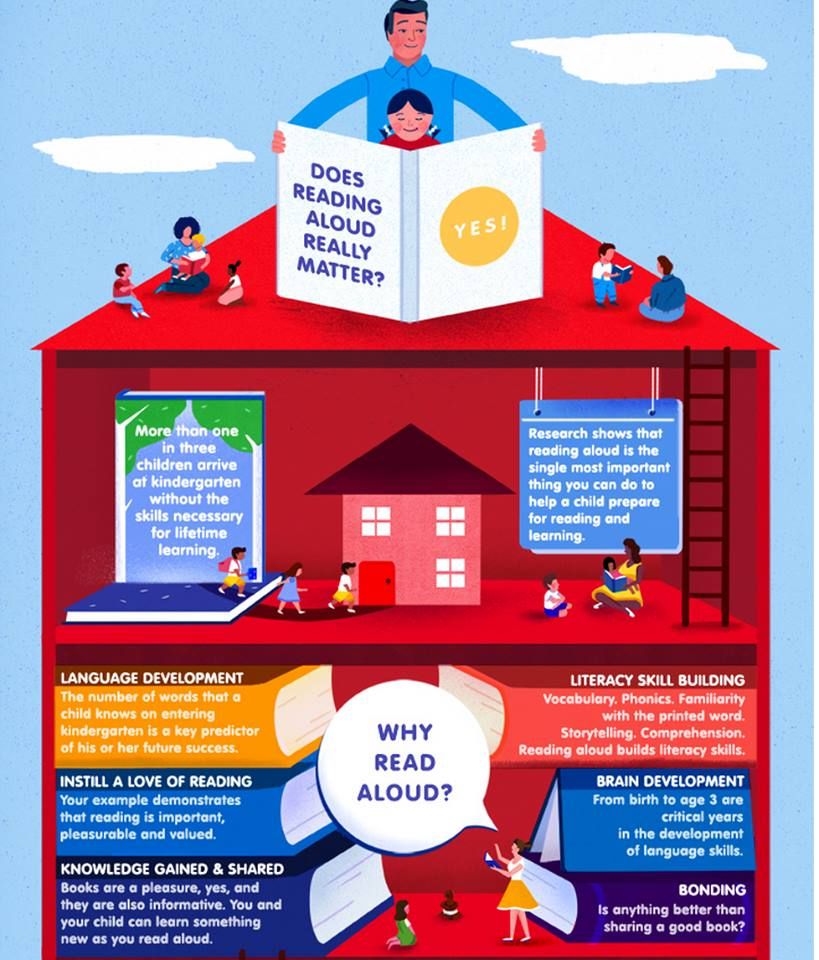
Brings you closer to your parents
Of course, we have quarrels, just like in any other family. But I found a way to resolve them easier: I just read to children. And now they know that with or without me, reading will always help to calm their soul.
I am happy when I enter my son's or daughter's room and see them with books. They both love to read. At the age of one and a half, my baby takes books from the shelf on her own, leafs through them, examines the pictures and studies the plot from them, she does this every day. I often see my son smile when he recognizes his favorite characters in the pages of his books. I really like it when he starts to “read” his stories aloud. And most importantly, I know for sure about the benefits of reading for children: with books, they not only calm down and have an interesting time, but also develop.
Your children will love to read. Just give them the book and watch the magic begin.
Source: wildflowerramblings.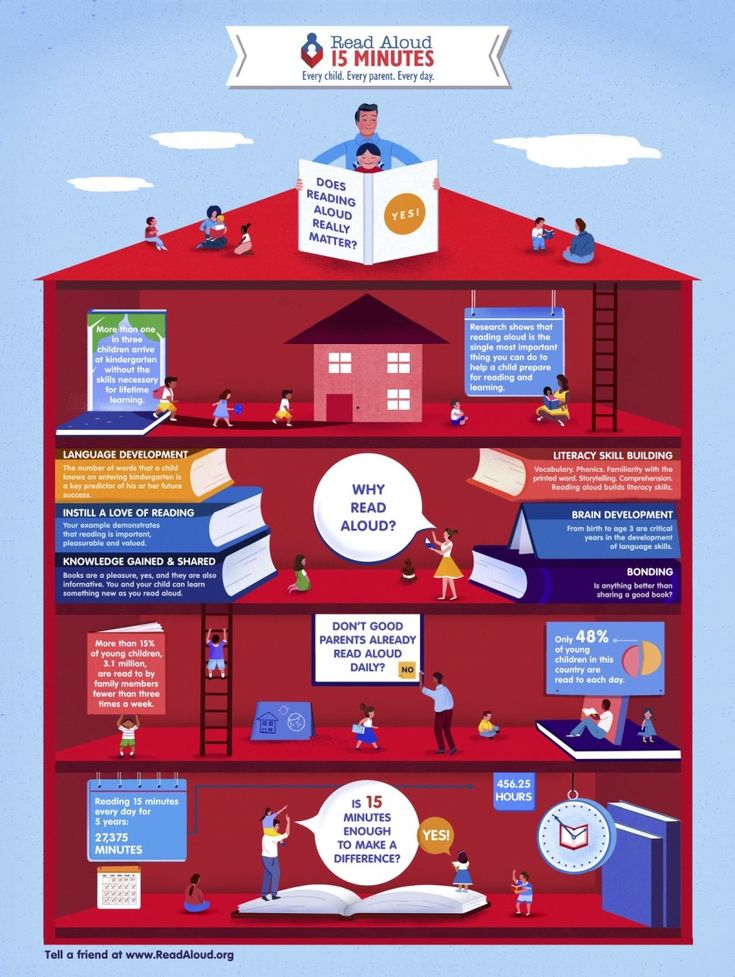 com
com
Translated by Irina Zelenetskaya
Illustrations from the books of the “I read myself!” series, cover — stockphoto.com
More articles about children's books: for reading
How to instill a love of reading
Why is it important to read books to children? 12 reasons from psychologists – Gala Center
“If you want your children to be smart, read fairy tales to them. If you want them to be even smarter, read them more fairy tales.” Albert Einstein
#1. Strengthens relationships. In today's world, where parents build a career and lead an active social life, and children attend developmental classes and use devices from an early age, it is difficult to maintain closeness. Make it a habit to read a book to your child every night before bed. This is a great way to strengthen the bond with your loved one. You will be able to share your impressions and opinions about the plot, which means you will learn more about the worldview of your little miracle.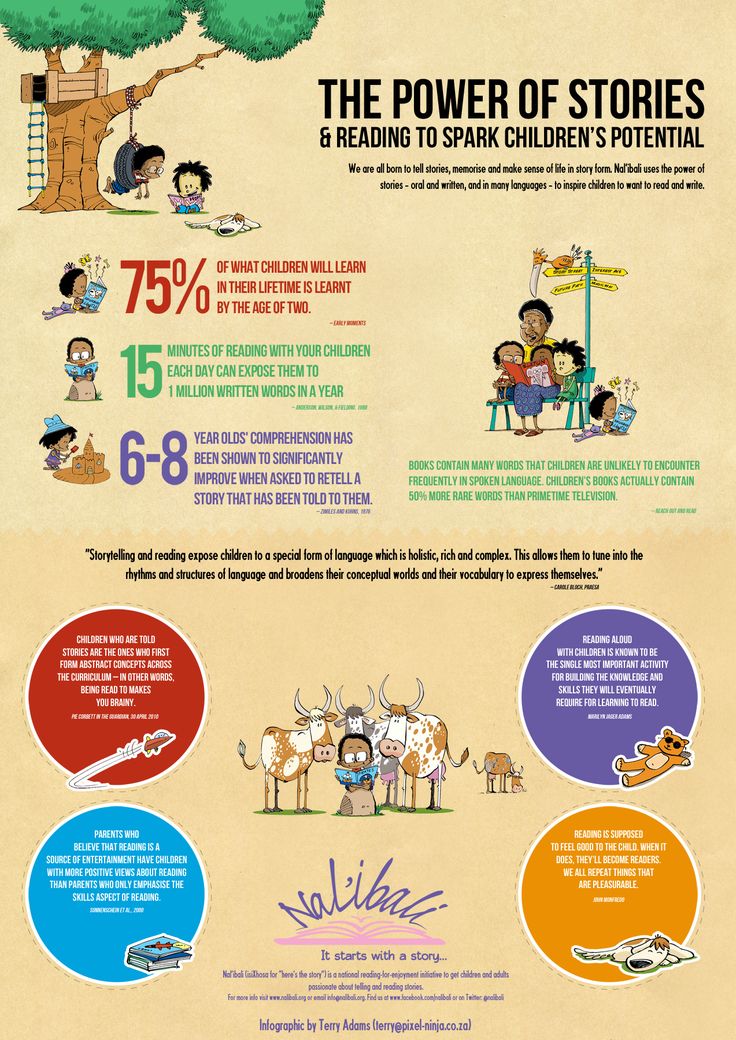
#2. Instills a love of reading. Children's books should become part of your family life and as familiar as dinner or an evening bath. The more your child reads with you, the more he enjoys immersing himself in new stories. You instill a healthy habit that will stay with your child for life.
#3. More children's literature, less gadgets. Make reading together a part of your daily routine. Free time, when a child can watch cartoons or play online games, devote to literature.
#4. Helps to learn to read aloud beautifully. Reading children's books is an excellent educational activity. Read aloud in turn. This will help your child build confidence and get used to reading for others, which will be a useful skill in school. Such an activity improves pronunciation, expands vocabulary, helps to plunge deeper into the plot.
#5. Develops language skills and expands vocabulary. Toddlers get acquainted with new words, various types of sentence and dialogue construction, styles and ways of presenting information.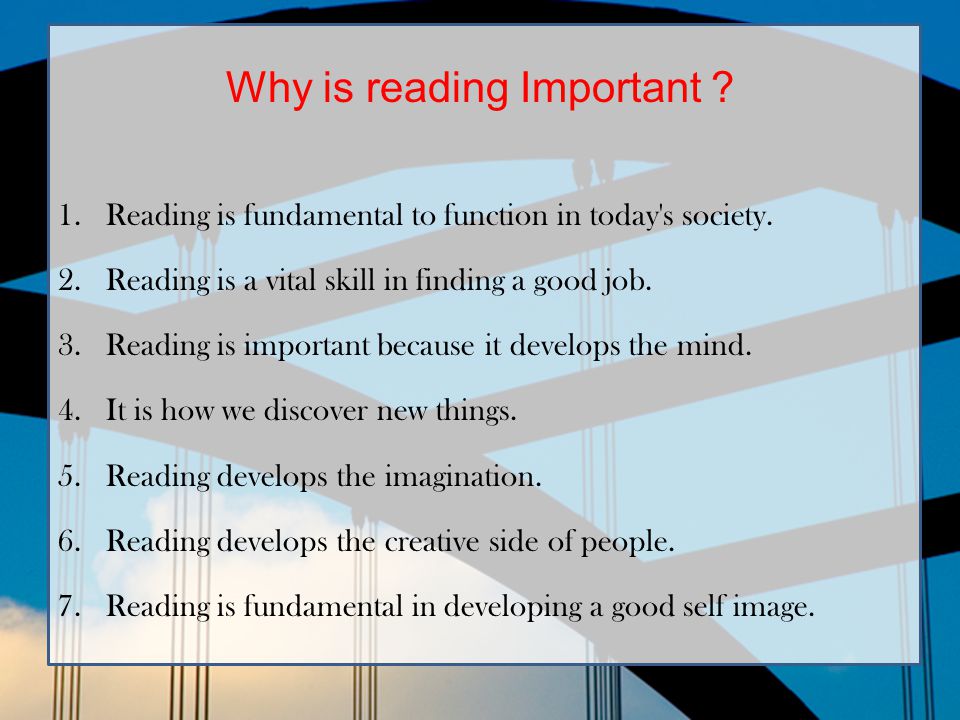 All this has a positive effect on the further ability to competently and interestingly express one's opinion, and also affects the development of speech and the richness of vocabulary. In this case, the best children's books are classics with a beautiful and simple style.
All this has a positive effect on the further ability to competently and interestingly express one's opinion, and also affects the development of speech and the richness of vocabulary. In this case, the best children's books are classics with a beautiful and simple style.
#6. Improves imagination. While listening to children's literature, a visual picture is created in the baby's head. It represents the appearance of the characters, locations, actions. Imagination is at full capacity. Additionally, fantasy is included. The little ones begin to fantasize and invent their own stories with their favorite characters.
No. 7. Encourages knowledge. Choose different topics to spark interest in the world around you. Have a new children's book waiting for your child every week. A good choice for schoolchildren is encyclopedias. They will tell about the animal and plant world, planets, the history of mankind. We recommend paying attention to the encyclopedia Rosman.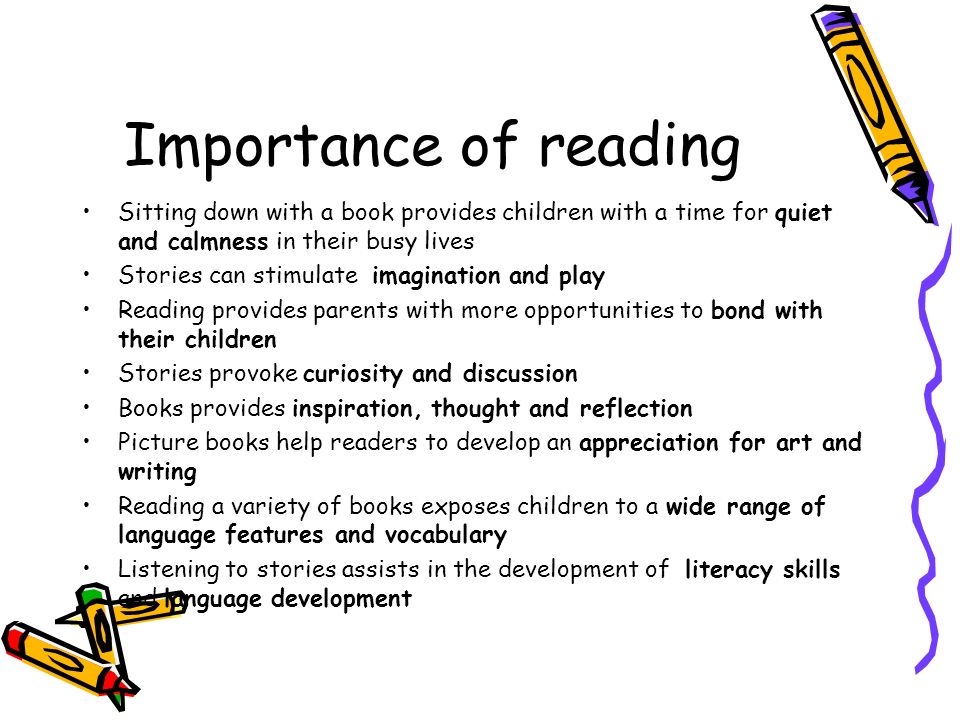
ROSMEN Book "Children's Encyclopedia ROSMEN", paper, cardboard, 22x16.5x1cm, 96 pages, 10-12 designs
219.98₽ /pc.
ROSMEN Encyclopedia for kindergarten, cardboard, paper, 22.1x16.8x0.7cm, 5-10 designs
0₽ /pc.
PROF-PRESS Book "Encyclopedia of monsters", paper, 29x20.5 cm, 96 pages, 4 designs
0₽ /pc.
No. 8. Learn to empathize and empathize. Children have a narrow understanding of the world around them. The task of parents is to show the difference between good and evil, and how to behave with a person in trouble. A children's book is a good tool in this responsible business. It will help to "be in someone else's shoes", feel the experiences of the protagonist, assess situations, empathize and sympathize.
#9. Brain training. Listening to children's literature, the child's brain works more than watching TV.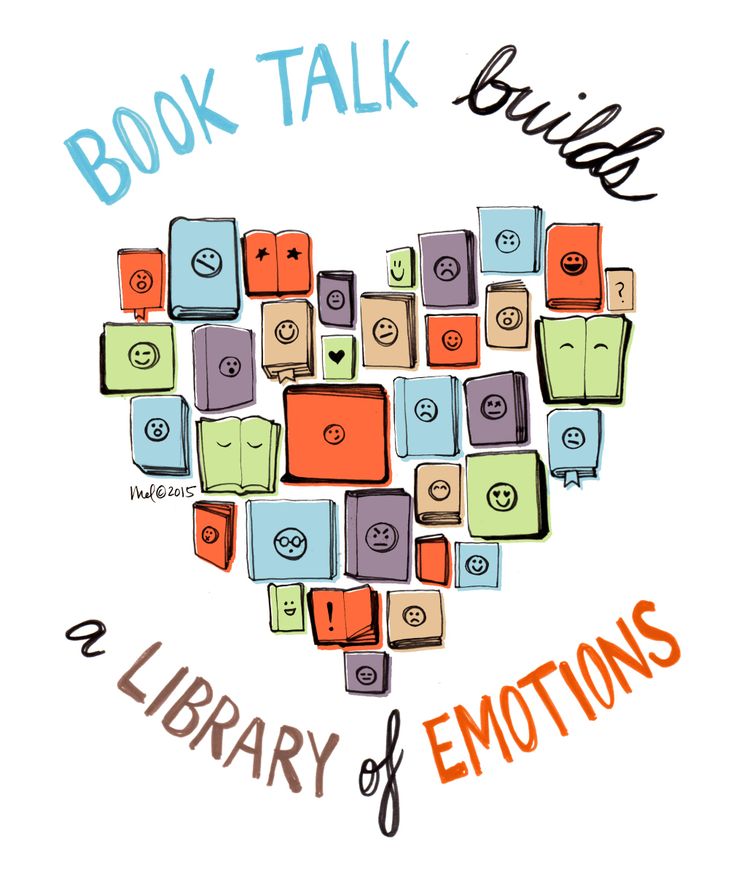 And all because the kid has to visualize the plot and delve into the plot.
And all because the kid has to visualize the plot and delve into the plot.
No. 10. Improves concentration. Reading a children's book requires focus and concentration. There is no picture on the TV screen to distract from. In the future, these skills will be useful in studies.
No. 11. Soothes. If a little fidget is naughty and cannot calm down before going to bed, read him a children's fairy tale. Reading interestingly and with intonation, you will quickly calm the baby.
No. 12. Cheers. Literature for children is a fascinating story with funny characters that you won't see on TV. Even when movies are made from books, most people admit that reading was much more interesting than watching. Children's fairy tales give fun leisure, so you should not refuse it because of empty online games.
How to instill in children a love of reading
#1. Suggest several genres. If your child doesn't like to read, then maybe you made a mistake with the genre.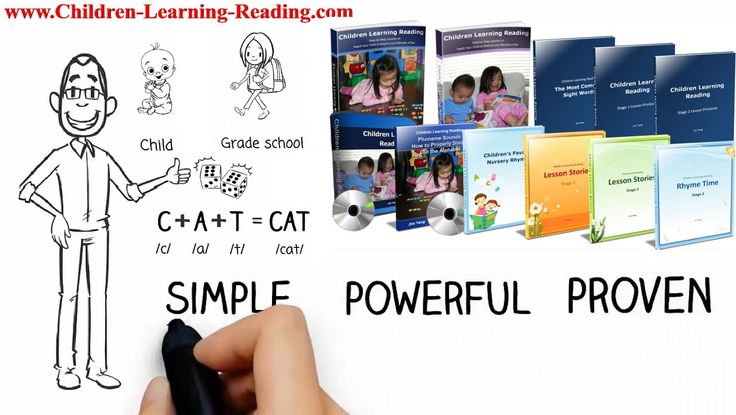 After all, you may like romance, and your son may like mysticism and fantasy. Organize book weeks and come up with a new version each time.
After all, you may like romance, and your son may like mysticism and fantasy. Organize book weeks and come up with a new version each time.
#2. Live the adventures of heroes together. When a children's book ends, the little reader thinks: what would happen if I were in the main character's place? It’s good if after reading the literature you come up with story games. For example, make a Harry Potter wand. Let the delight from the read book last as long as possible.
#3. Be an example. Boys and girls copy the actions of their parents. If you force them to read, and watch TV for hours, nothing will work. Read for yourself, set a good example.
#4. Maintain curiosity. Has your son just finished reading a book about space? Take him to the space museum. Or maybe he just got acquainted with exotic animals? It's time to go to the zoo.
#5. Never force. They can read to please you.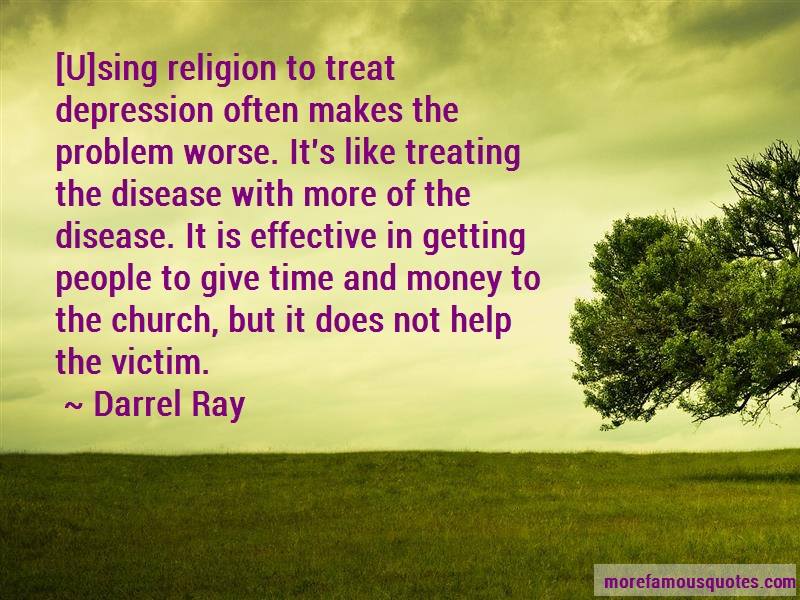 But the fact that they are forced to do this will discourage their love of books for life.
But the fact that they are forced to do this will discourage their love of books for life.
#6. Teach children to read old children's literature from the library. Every child should experience the magic of visiting a large library with thousands of books.
#7. Join a book club. This is a great motivation to read. Picking out children's books and then waiting for them to arrive in the mail is a lot of fun.
Have family reading nights. Share stories, opinions about plots. The main thing to remember is that nothing captivates in this life like an interesting book.
Clothing review BY
Brand BY (Baba Yaga) is a modern Russian brand created for the younger generation.
01/19/2023
What children's toys to sell in 2023? Expert forecasts for 2023
Most children choose different toys, so you should always take care that there are only trendy items on virtual or real shelves.